When you're planning an extension, it can be difficult to see where it's worth spending more cash and where it's worth saving your budget or going for more economical options. We're here to help with some tips on where to prioritise your purchases.
SAVE: Go for simple design
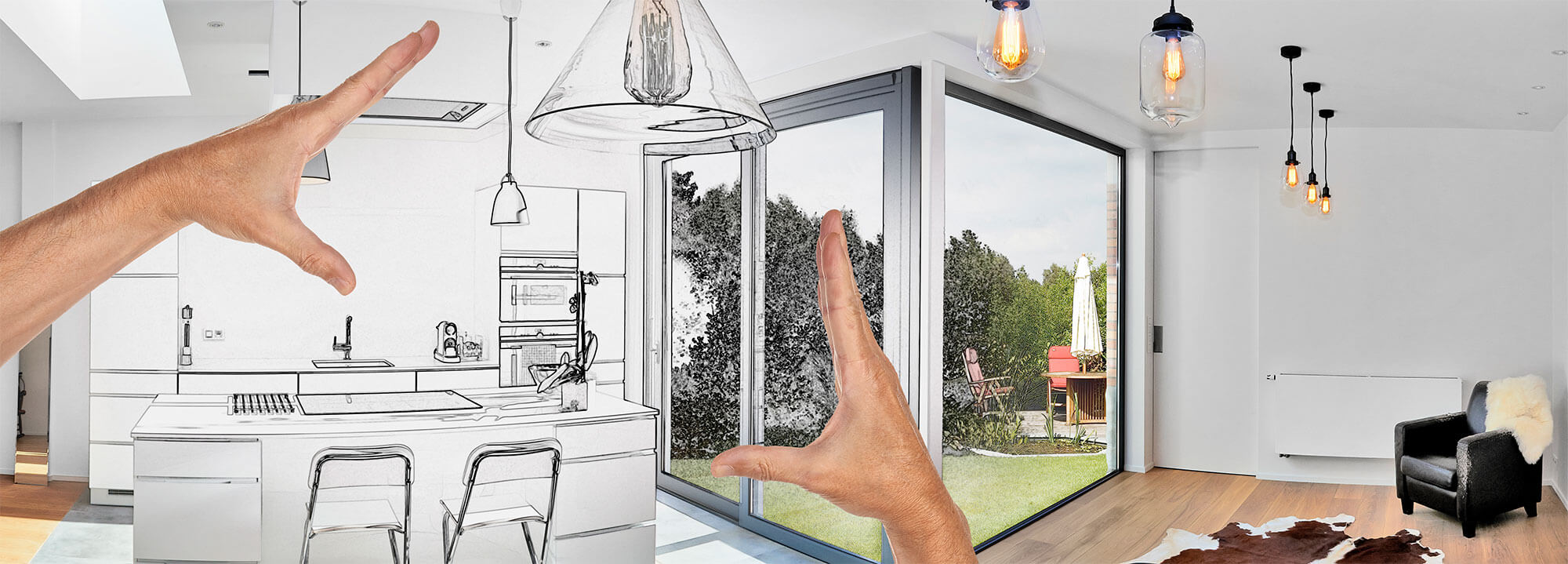
When it comes to getting the most bang for your buck, going for a straightforward design for your extension is key. Unconventional features, such as cantilevered structures or curved walls, can add to construction costs and duration – so avoid these unless they are deemed necessary to the integrity of the build by your builder.
Keeping it simple can also mean you can extend under permitted development rules, avoiding the need to go though rounds of planning permission applications, which can add to costs with the applicaiton fee and architectural revisions.
SPEND: Prioritise permanent, high-impact investments
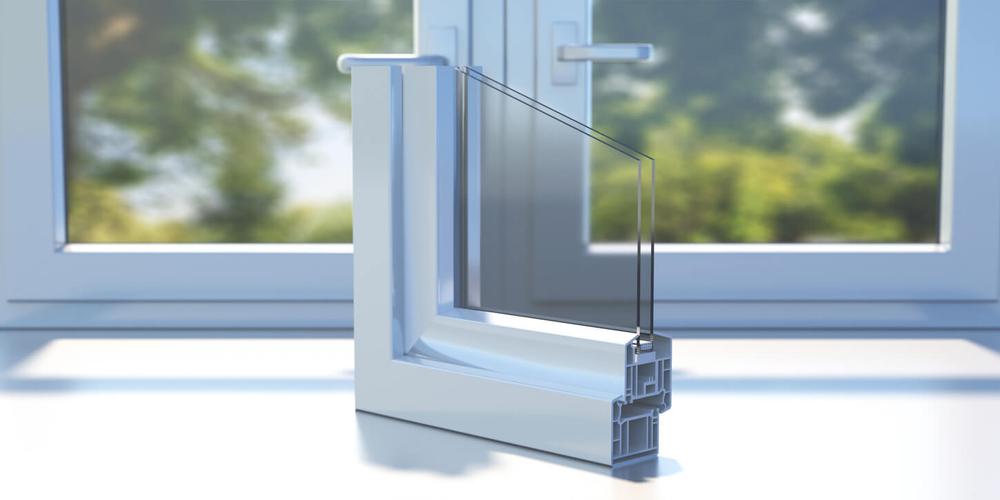
Some aspects of your extension project will likely have a greater impact on the value of your home than others, such as window glazing, roof tiles and exterior finishes. Think about the changes you can make that will have a visual impact and have the potential to drum up viewing interest. These aspects are also much more likely to be permanent than a new coat of paint or some wallpapering, and so spending money on them is a better long-term investment in your property.
SAVE: Keep loadbearing walls
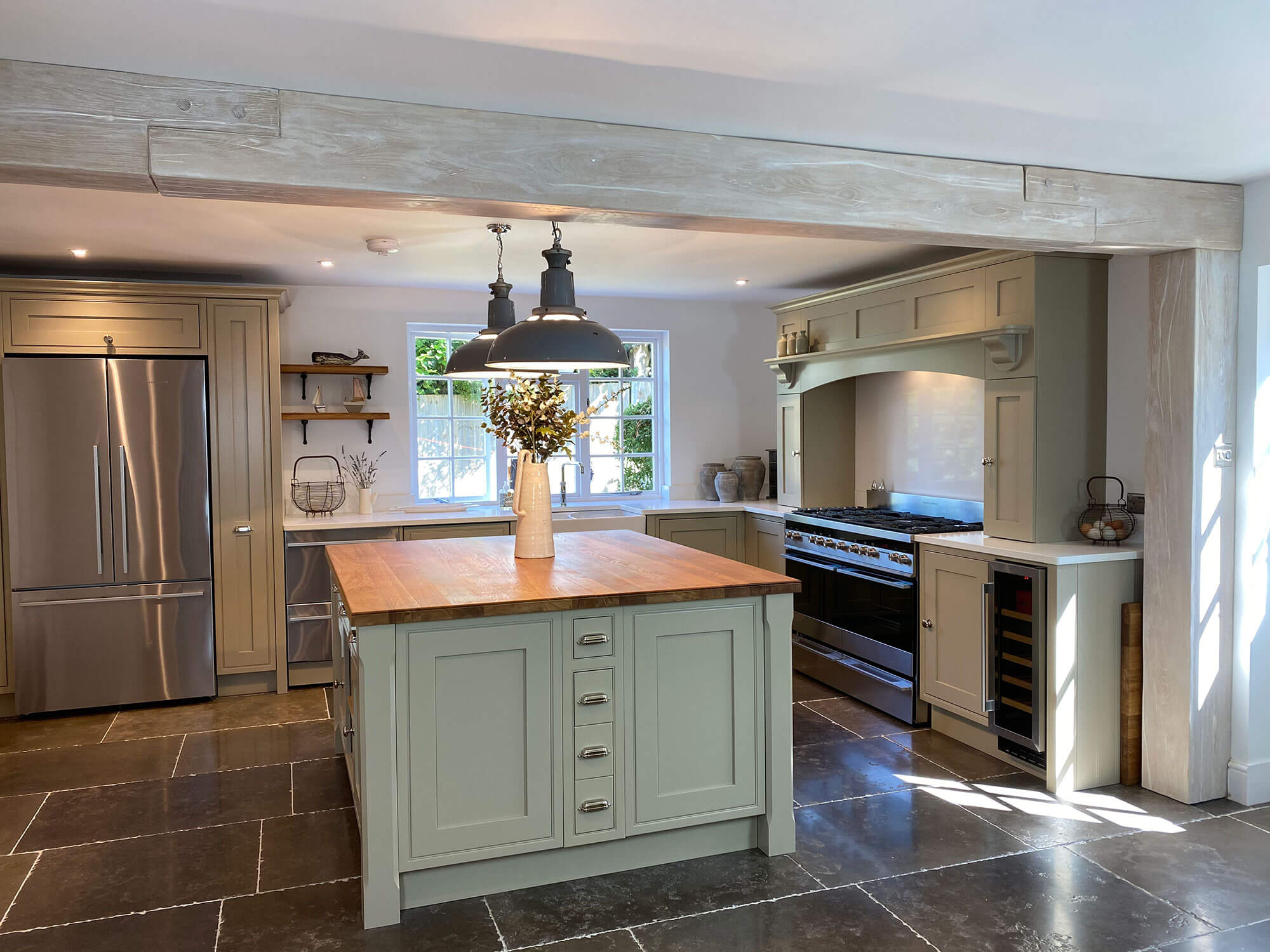
Bringing in new steelwork or structural timber to compensate for the removal of key loadbearing walls or partitions represents considerably more work – and therefore expense. Opening up space can be an excellent investment in the value of your home, but be clever about how you do this if you want to reduce costs. For example, removing a wall between two living spaces will require bigger, more expensive steelwork than adding a smaller opening with double doors.
SPEND: Architectural know-how
Be upfront about your budget and discuss alternative construction methods early on in the planning process with your building contractor. Their knowledge may come at a cost, but it could add value to your property or help to identify design faults which would be costly to rectify in the future. They may also be able to advise on cost-saving measures through use of different materials and construction methods.
SAVE: Take advantage of fixed-price design offers
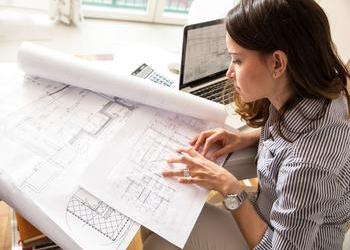
Some architects offer their services at a fixed price up until the planning stage, so if you want to keep costs under control and stick to a basic design, this can be an effective option to take up. That being said, if your dream extension includes bespoke features, it may still be worth exploring different payment packages to ensure you get the best value for your money.
Some builders also offer design and build services. Choosing this 'all-in-one' option can help ensure that the designers are in touch with current materials and build costs, resulting in plans that are more accurately tailored to your budget, and more reliably costed.
SPEND: Project management for your extension build
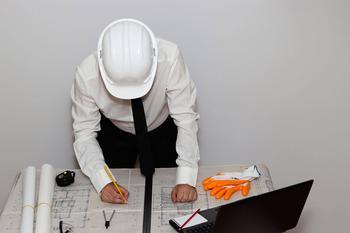
If you have experience and knowledge of building extensions and managing tradespeople, you may be able to save money on your build by managing the project by yourself. However, you should never underestimate the value these services can bring to the table.
Coordinating the arrival of both materials and relevant contractors at the optimal times won’t just soak up your time – mistakes can mean paying subcontractors to sit in their vans with nothing to do whilst you wait for key components to be delivered.
What’s more, unless you have extensive experience working in DIY, you’re unlikely to be able to properly oversee and assess the work being carried out at each stage and have confidence that everything is up to parr and properly integrated. If mistakes go unnoticed until they affect other areas of the extension or after the project is seemingly completed, the costs of correcting them can outweigh the savings made by not hiring a professional.
SAVE: Use recycled building materials and fixtures
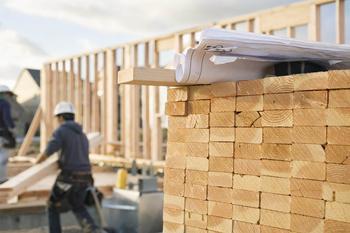
In an age where construction product materials prices are on the rise, it’s never been a better time to assess whether materials could potentially be repurposed from your existing property to save money when building an extension. Speak to your builder about reusing the likes of roof tiles and bricks to reduce how much you’re spending on new products and materials.
SPEND: Move out whilst your extension is being built (if you can)
If you have the option of staying with relatives or can find relatively cheap accommodation elsewhere, moving out whilst your extension is being built could even save you some money on labour costs. This is because your builders won’t have to work around you or your family and can get on with the job.
Obviously, it pays to weigh up in advance how much money you save on your final bill relative to the costs (both financial and in terms of inconveniences). You might only need to move out for a few days around the most disruptive points of the build – for example, when a bathroom is being moved or the builders knock through to the main house. So, speak to your builder about when this is likely to be and get ready to look for those Airbnb deals.
SAVE: Source cheaper alternatives through your builder
If recycling materials from your existing property isn’t going to cut it, speak to your building contractor about the possibility of sourcing alternative fixtures or materials for some of the higher-priced items your architect or designer might have listed. In the wake of recent supply chain disruptions, it might make sense to go for products manufactured in the UK as opposed to waiting longer and paying more for imports. One example might be using Douglas fir timber cladding instead of Siberian larch.
SPEND: Hire quality builders to build your extension
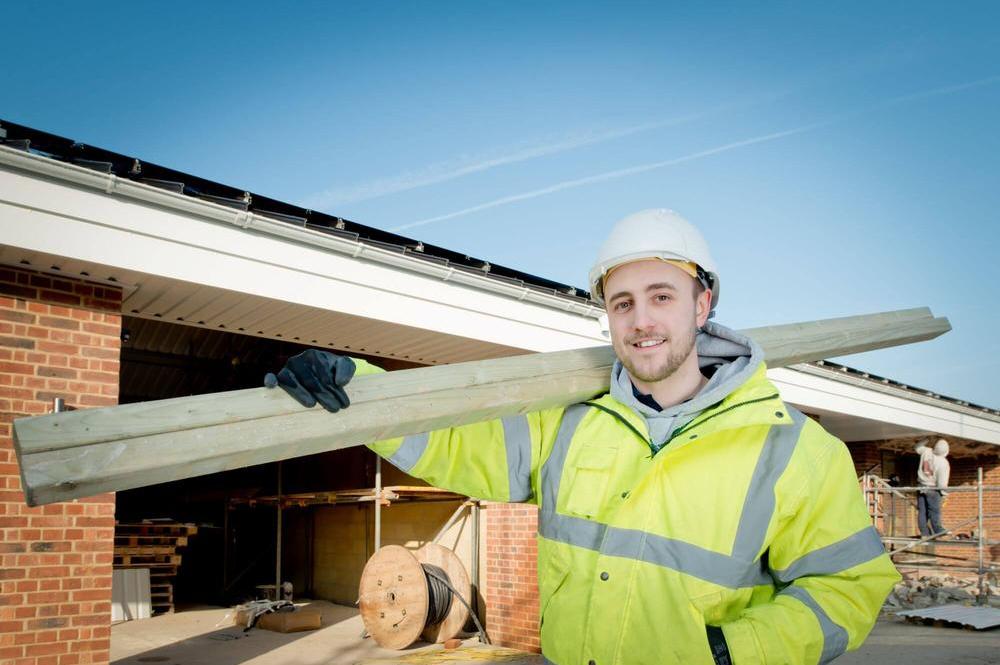
On a similar note, investing your money in a quality builder with accreditations and reviews from previous clients can save you having to forking out for corrective work on shoddily completed projects. You may have to pay more to obtain the services of a quality builder in the first place, but there is a saying in the building industry: “If the price is too nice, you’ll pay twice”.
You can find professionally vetted, independently inspected builders in your area to request a quote using our free Find a Builder service.
SAVE: Keep your existing appliances
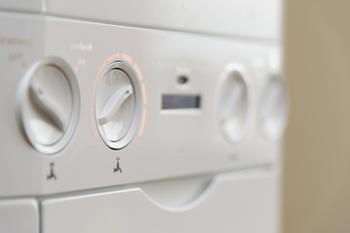
If for example your extension is being created to make room for a larger kitchen, you could save money by retaining your existing appliances – ovens, microwaves, fridges etc – rather than forking out for new ones. You could save significant sums by keeping your existing boiler – speak to your builder for advice on whether your current model is suitable for your increased property size following the extension.
You’ll want the space to be optimised for future plans, but if your existing fixtures are still working and fit well in its dimensions then you could save a little extra here to spend on more pressing priorities.
If you do need to spend on a new boiler, or upgrade to an energy efficient heat pump, check out our Home Picks for reviews and deals on some of the best options on the market.
Ready to start your extension project?

